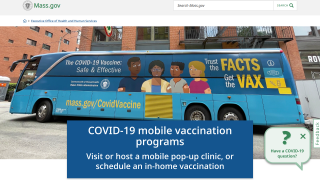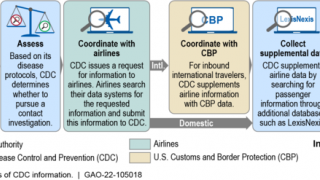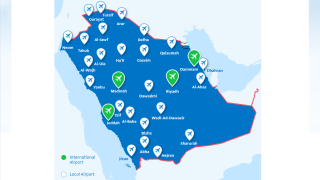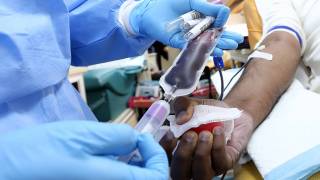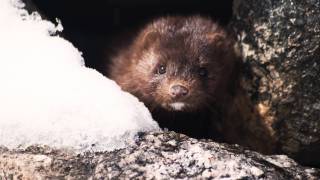87 Omicron COVID-19 Variant of Concern Cases Confirmed

The World Health Organization (WHO) announced today the new SARS-CoV-2 coronavirus Variant of Concern (VOC) B.1.1.529 has been named Omicron.
Furthermore, media reports indicate 87 Omicron infections, and about 990 probable cases have been reported in five countries as of November 25, 2021.
The country of South Africa has confirmed the most cases, 77.
The new variant Omicron was named by the Technical Advisory Group on SARS-CoV-2 Virus Evolution (TAG-VE), an independent group of experts that periodically monitors and evaluates the evolution of SARS-CoV-2 and assesses if specific mutations and combinations of mutations alter the behavior of the virus on November 26, 2021.
This variant has a large number of mutations, some of which are concerning. In addition, preliminary evidence suggests an increased risk of reinfection with this variant compared to other VOCs.
The variant is characterized by 30 changes, three small deletions, and one small insertion in the spike protein, of these, 15 are in the receptor-binding domain, reported the ECDC.
There are several studies underway, and the TAG-VE will continue to evaluate this variant. The WHO stated it ‘will communicate new findings with Member States and the public as needed.’
For reference, the WHO has working definitions for SARS-CoV-2 Variant of Interest (VOI) and VOC.
A SARS-CoV-2 VOI is a SARS-CoV-2 variant:
- With genetic changes that are predicted or known to affect virus characteristics such as transmissibility, disease severity, immune escape, diagnostic or therapeutic escape; and,
- That has been identified as causing significant community transmission or multiple COVID-19 clusters in numerous countries with increasing relative prevalence alongside an increasing number of cases over time or other apparent epidemiological impacts to suggest an emerging risk to global public health.
And a SARS-CoV-2 VOC is a SARS-CoV-2 variant that meets the definition of a VOI (see above) and, through a comparative assessment, has been demonstrated to be associated with one or more of the following changes at a degree of global public health significance:
- Increase in transmissibility or detrimental change in COVID-19 epidemiology; or
- Increase in virulence or evolution in clinical disease presentation;
- Decrease in the effectiveness of public health and social measures or available diagnostics, vaccines, therapeutics.
"There's a lot we don't understand about this variant," Richard Lessells, an infectious-diseases physician at the University of KwaZulu-Natal in Durban, South Africa, said at a press briefing on November 25, 2021, reported Nature.
"The mutation profile gives us concern.”
“The variant harbors a spike mutation that allows it to be detected by genotyping tests that deliver results much more rapidly than genome sequencing does,” Dr. Lessells commented.
The U.S. CDC says the ‘SARS-CoV-2 coronavirus constantly changes and accumulates mutations in its genetic code over time. As a result, new virus variants are expected to continue to emerge. Some variants will emerge and disappear, while others will emerge and continue to spread and may replace previous variants.’
The Omicron variant may be the most divergent variant that has been detected in significant numbers during the COVID-19 pandemic so far.
Furthermore, ‘rapid virus genomic sequencing data combined with phenotypic data are further used to determine whether COVID-19 tests, treatments, and vaccines will work against emerging variants.’
In the afternoon of November 26, 2021, various COVID-19 vaccine producers indicate they are working on new vaccines to address the Omicron variant.
Furthermore, no Omicron cases have been confirmed in the U.S.
PrecisionVaccinations publishes fact-checked research-based vaccine news.
Our Trust Standards: Medical Advisory Committee

